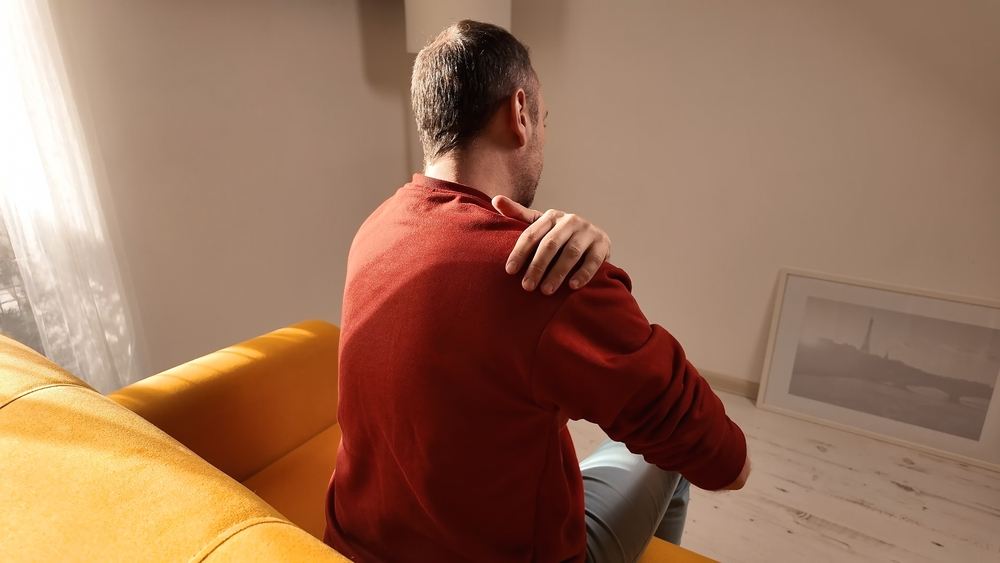What Causes Dislocations?
A shoulder dislocation is usually caused by a sudden impact, and most dislocations are caused by either a fall or a sports injury. Sports involving intense physical contact, such as hockey or football, have a higher number of shoulder dislocations than other sports. Any hard fall or blow to a joint can cause it to become dislocated. The impact from a car accident may also cause a joint to pop out of place.
It is important to take dislocations seriously as they can have severe consequences if not treated properly and promptly. For example, dislocations may cause nerve damage, tearing of ligaments or muscles, or even lead to the development of arthritis. There are several different types of shoulder dislocations that you can find out more about below.
Because of such potential for harm after a dislocation, it is necessary that you take the appropriate steps to seek treatment right away. AICA Orthopedics has a staff of specialists who can diagnose and treat your injury so you can begin the process toward a full recovery.
Is It A Partial Shoulder Dislocation?
After most injuries, it’s pretty easy to visibly tell at a glance whether or not you have a dislocated joint. It may look deformed or may be at an odd angle compared to another similar joint on the body. Some shoulder dislocations may result in a “bulge” or “indention” near the socket of the joint. The incident that caused the injury can also cause severe pain and even reduce or remove your ability to move your shoulder, leg, arm, toes or fingers, and more.
Always call for medical help as soon as you witness an injury or discover a dislocation. Do your best to help keep the affected individual (or yourself) as still as possible.
When you experience a dislocation, you do not want to make an attempt to push the joint back into the socket. Although this may feel like the right move in the moment, trying to jam the joint back into the socket without the expertise of a doctor or specialist can make the situation worse. Ligaments within the body may have been damaged and can’t effectively hold the joint in place and you may also cause damage to blood vessels, nerves, other ligaments, and nearby muscles.
While waiting to see a doctor or medical specialist, keep as still as possible and limit movement of the joint and nearby limbs as much as possible. Carefully cover the affected joint with sterile dressings and then begin to immobilize the injury with a splint or sling in the same position it was found after the injury. You’ll want to make sure you still have decent blood circulation before and after the immobilization. Ice packs can help to reduce pain and swelling of the affected area.
Always seek medical attention for accidents and injuries, including dislocations.
















